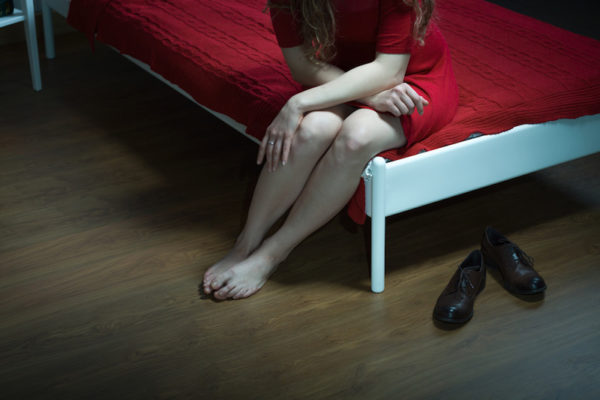Guest post by Cindy Asbjornsen, DO, FACPh
People turn to their primary care physicians for help with all kinds of health issues, but what about veins? Is it worth asking about a vein problem, or should you just “learn to live with it”?
If people shamefully hide their legs from the world because of their veins, then their lives are already affected, not to mention the pain and discomfort they may feel.
The fact is that venous disease is very common – and very treatable. When performed by a qualified vein specialist trained in the latest techniques, modern vein treatments provide people with relief and a better quality of life. Vein problems are worth mentioning because there are so many solutions.
Four reasons to talk to a family doctor about your veins
- Legs often feel tired or heavy – These are two of the most common (and early) symptoms of a vein problem. Intense leg fatigue at the end of the day is a sure sign. Heaviness is usually a result of mild swelling due to poor venous return (blood flow back up to the heart). These symptoms can be treated with modern therapies, including endovenous laser ablation, or EVLA.
- Varicose veins – Many people discount their bulging veins because they’ve been told for years that varicose veins are cosmetic and not covered by insurance. In 1999, the FDA approval of the endovenous approach to vein care changed this dramatically. Today, there are minimally invasive procedures using laser technology and other modalities that have excellent long-term success rates.
- “Bad veins” run in the family – Approximately 60% of people who have one first-degree relative with venous issues will also have issues. That statistic shoots to almost 90% if someone has two first-degree relatives with vein problems. Many bleeding and blood clotting disorders are also hereditary. If someone has a family history, s/he should be proactive about vein disease prevention and consider going to a vein specialist for a baseline evaluation.
- Open sores on one or both legs – Though some people suffer from arterial ulcers or diabetic ulcers, the vast majority of leg ulcers have a venous component. Today, more leg ulcers are closed and stay closed because of more effective and focused venous procedures.
Modern treatment of vein disorders is vastly different from traditional treatments of the past. Today’s treatments are minimally invasive, virtually pain-free and are overwhelmingly successful over the long term when performed by an experienced, Board-certified vein specialist.


Hello! After my second child was born some varicose veins started to appear on my legs. A friend recommended me venorid treatment and the results have been amazing!
Glad it worked for you!